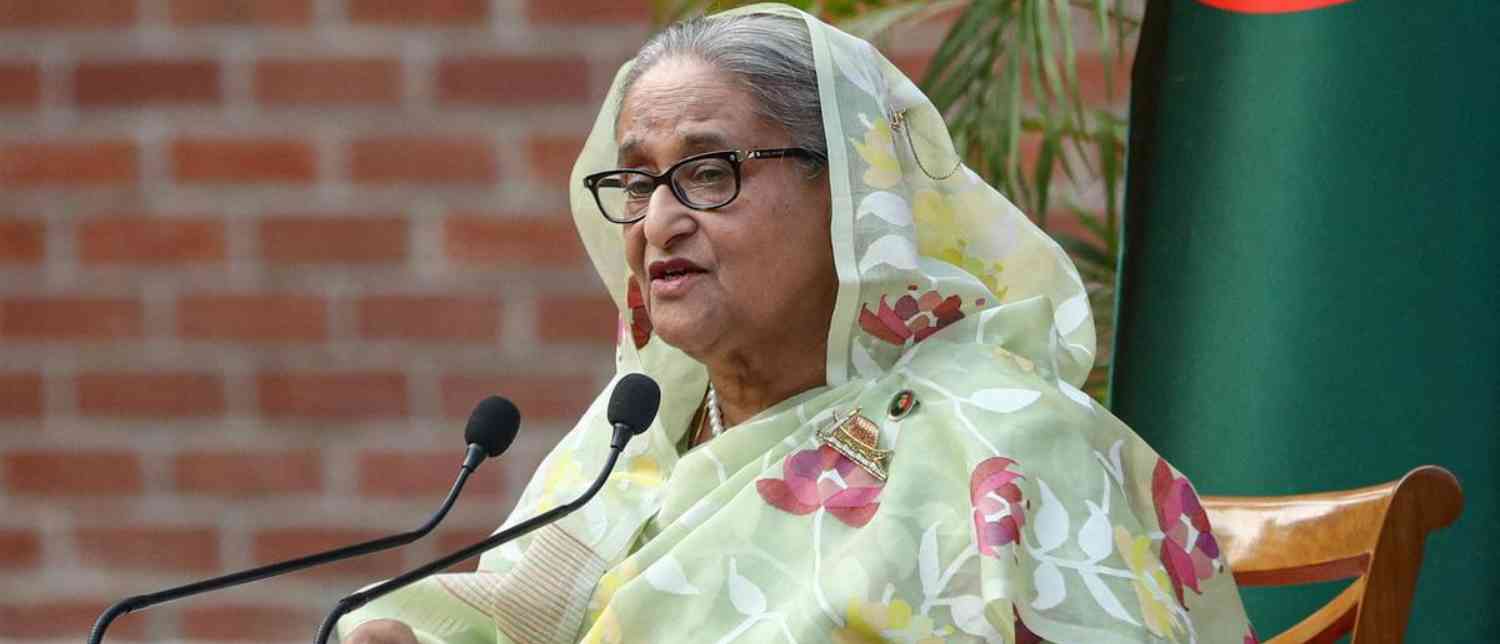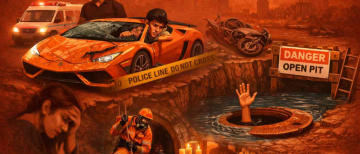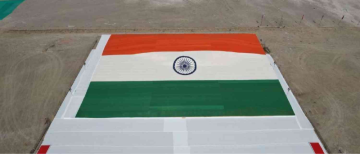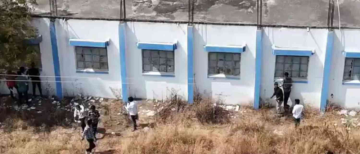In an explosive and historic verdict that has sent shockwaves across Bangladesh and the international community, the country’s International Crimes Tribunal (ICT) on Monday handed down the death sentence to ousted Prime Minister Sheikh Hasina. The judgment concludes a months-long trial that held her responsible for ordering a brutal, state-led crackdown on a student uprising in 2024 — violence that reportedly claimed the lives of around 1,400 protesters and left tens of thousands wounded.
Delivered amid extraordinary security conditions and just months before Bangladesh’s upcoming parliamentary elections, the ruling threatens to deepen political turbulence in a nation already grappling with widespread unrest, polarization, and fears of escalating violence.
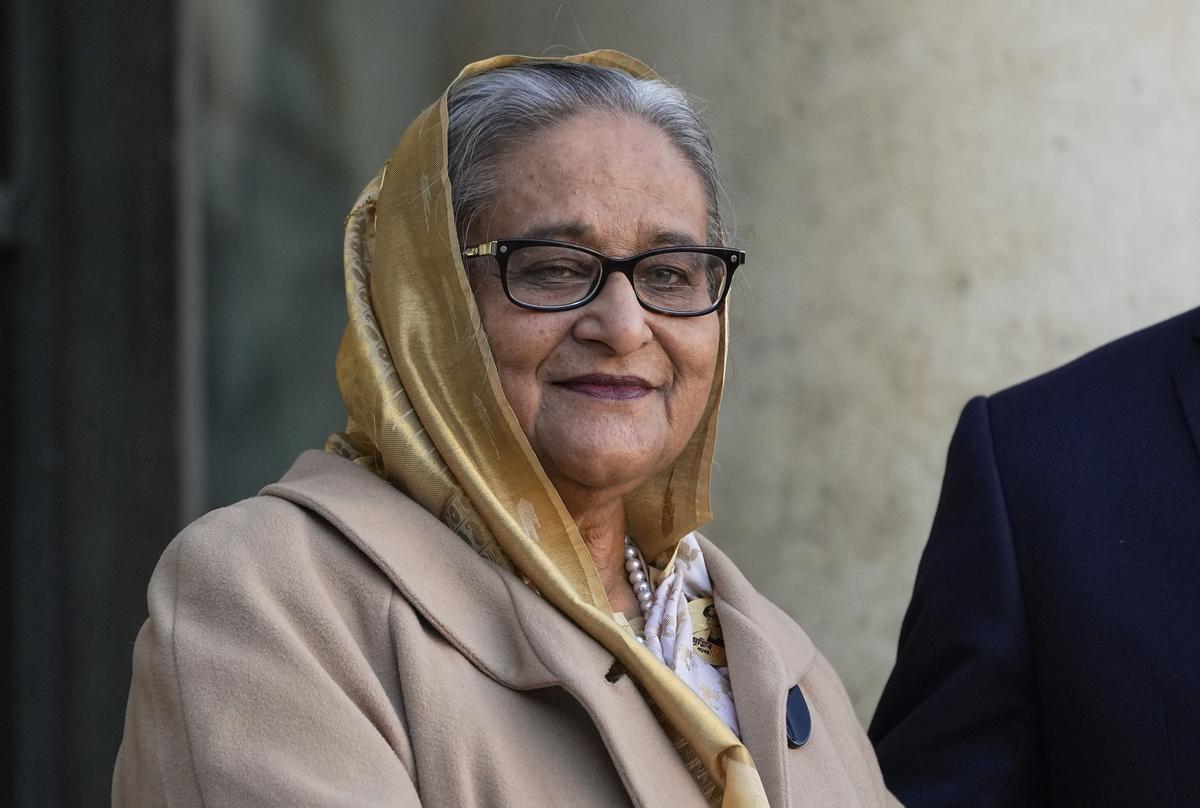
A Verdict That May Shape Bangladesh’s Political Future
The tribunal’s decision comes at a sensitive moment for Bangladesh. With national elections expected in February, the verdict against Hasina — a towering figure who ruled the country for nearly 15 years before being ousted — has intensified concerns of fresh political chaos.
Her party, the Awami League, has already been barred from contesting the upcoming polls. Analysts warn that the sentence may further inflame tensions, particularly as Hasina’s political base sees the trial as a calculated effort to eliminate the party from the political landscape.
Hasina, 78, has been living in self-imposed exile in New Delhi since August 2024, when a Gen Z-driven movement forced her from power. She was tried in absentia, while two of her closest aides — former Home Minister Asaduzzaman Khan Kamal and former police chief Chowdhury Abdullah Al-Mamun — were also convicted on related charges. Mamun, the only one initially in custody, later turned state witness.
Despite the tribunal granting the right to appeal, Hasina’s son and adviser Sajeeb Wazed told Reuters that no appeal will be filed unless democratic governance is restored and the Awami League is allowed to participate freely in elections.
What the Judgment Found
According to detailed reporting from Dhaka-based outlets and international media:
-
The tribunal concluded that Sheikh Hasina orchestrated, incited, and enabled atrocities committed during the mass student-led protests between July and August 2024.
-
She was found guilty on multiple counts of crimes against humanity, including incitement, issuing lethal orders, and failing to take preventive or punitive measures.
-
The court said she directly ordered the use of drones, helicopters, and deadly weapons against protesters.
-
A key conclusion was that she expressed explicit instructions to her party activists to “kill and eliminate the protesting students,” a statement the judges described as “crystal clear.”
Bangladesh Television broadcast parts of the proceedings live as Justice Golam Murtaza, heading ICT-1, read out the verdict. Two other judges — Justice Md Shofiul Alam Mahmud and Judge Md Mohitul Haque Enam Chowdhury — formed the three-member bench.
The courtroom erupted in applause at several moments, particularly from families of victims who had waited months for accountability.
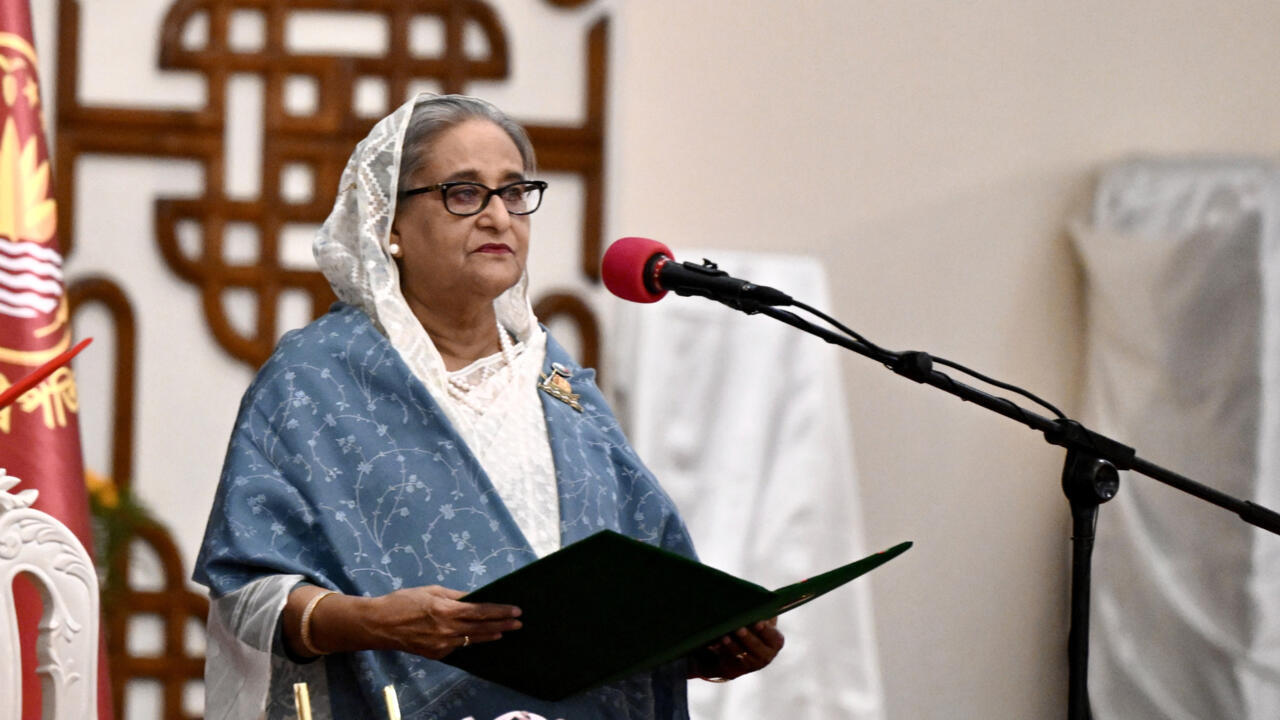
The Charges: Murder, Torture, and Extermination
The tribunal had previously framed five charges against Hasina, Kamal, and Mamun on July 10. These included:
-
Incitement and instigation
-
Murder and attempted murder
-
Torture and other inhumane acts
-
Ordering the use of military-grade weapons
-
Superior command responsibility
-
Participation in a “joint criminal enterprise”
One of the gravest accusations stated that Hasina had ordered the “extermination” of protestors. The UN Human Rights Office earlier estimated that up to 1,400 people were killed between July 15 and August 15, 2024, with nearly 25,000 injured during the government’s sweeping crackdown.
Witness testimonies and evidence presented by the prosecution also indicated that ruling-party wings — especially the Chhatra League and Juba League — were involved in coordinated attacks on student demonstrators.
Fresh Violence Erupts Ahead of the Verdict
As Dhaka awaited the tribunal’s announcement, the capital was rocked by renewed unrest. On Sunday, multiple Molotov cocktails were thrown by unidentified individuals on motorcycles. Security forces responded with heightened alert, deploying armored vehicles, riot police, Border Guard Bangladesh units, and Rapid Action Battalion (RAB) operatives across key government installations.
Dhaka Metropolitan Police Commissioner Sheikh Md Sajjat Ali even issued shoot-at-sight orders against anyone suspected of arson or violence — a stark indication of the volatility on the ground.
The Awami League, though now disbanded, had earlier called for a two-day shutdown in anticipation of the verdict. Most streets in the capital remained deserted on Monday, reflecting widespread fear of clashes.
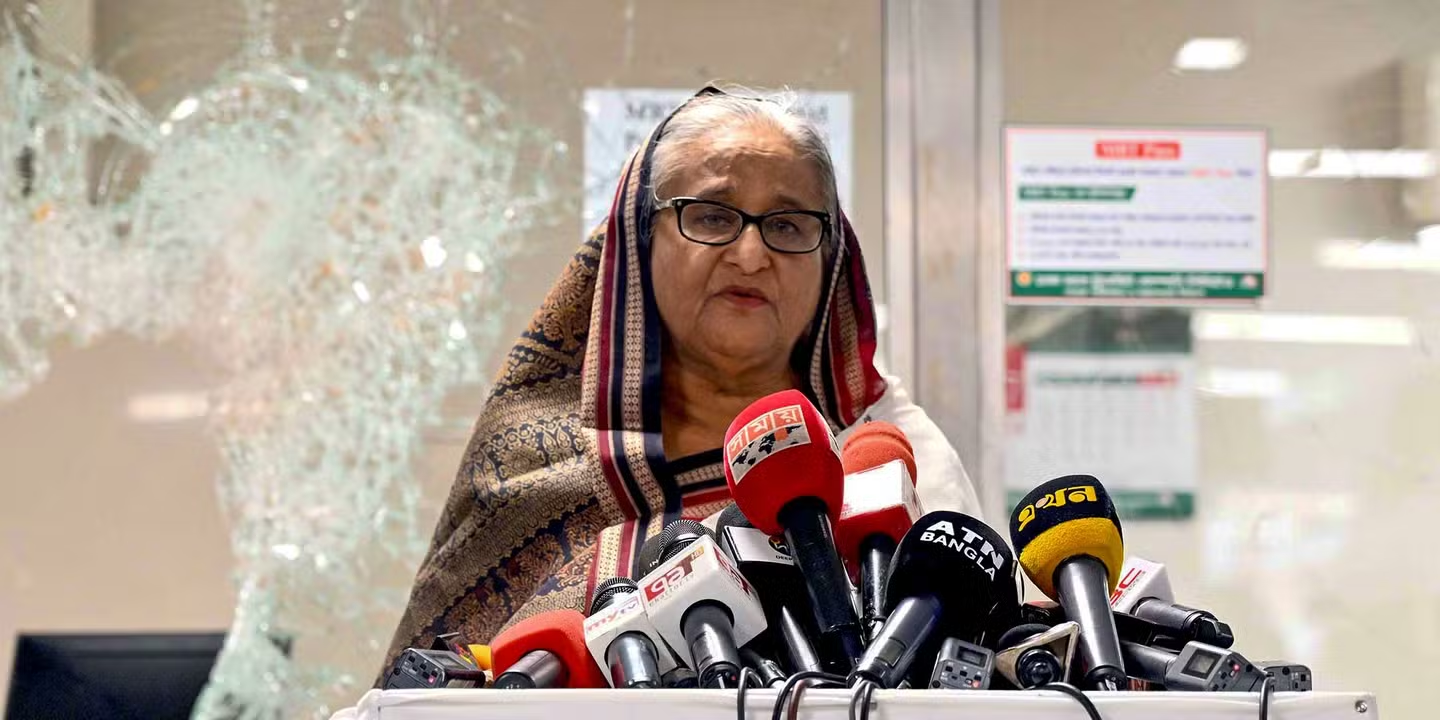
Hasina’s Son Warns of Escalating Protests
On the eve of the ruling, Hasina’s son Sajeeb Wazed issued a warning in an interview with Reuters, stating that Awami League supporters would block the 2025 national elections if the party remained banned.
“We will not allow elections without the Awami League to go ahead,” he declared.
“Our protests are going to get stronger… eventually there’s probably going to be violence in Bangladesh before these elections.”
His remarks underscored the growing fear that the tribunal’s verdict may act as a trigger for nationwide unrest.
A Lifetime in Politics: Rise, Rule, and Fall
Sheikh Hasina’s political journey is deeply interwoven with Bangladesh’s own history.
-
Early Life and Exile
She is the eldest daughter of Sheikh Mujibur Rahman, the founding father of Bangladesh. Her life changed irreversibly after the 1975 military coup, in which her father, mother, and three brothers were assassinated. Hasina and her sister, who were abroad at the time, lived in exile until 1981.
-
Political Ascent
Upon returning to Bangladesh in 1981, she took charge of the Awami League and became a central figure in the nation’s political opposition. She first became prime minister in 1996, serving a single term.
She rose to power again in 2008 and ruled uninterrupted for nearly 16 years — a period marked by rapid economic development but shadowed by accusations of authoritarianism, shrinking democratic space, media intimidation, and human rights abuses.
-
Crackdowns and Controversies
Under her rule, critics say Bangladesh drifted toward a one-party system.
Human rights organizations noted:
-
Widespread use of the cybersecurity law to silence dissent
-
Arbitrary arrests of journalists and activists
-
Allegations of torture and enforced disappearances
-
Election irregularities and intimidation of opposition
Yet she managed to withstand numerous waves of protests until the 2024 student-led uprising, driven largely by Gen Z citizens frustrated by governance failures, corruption, and job quota disputes.
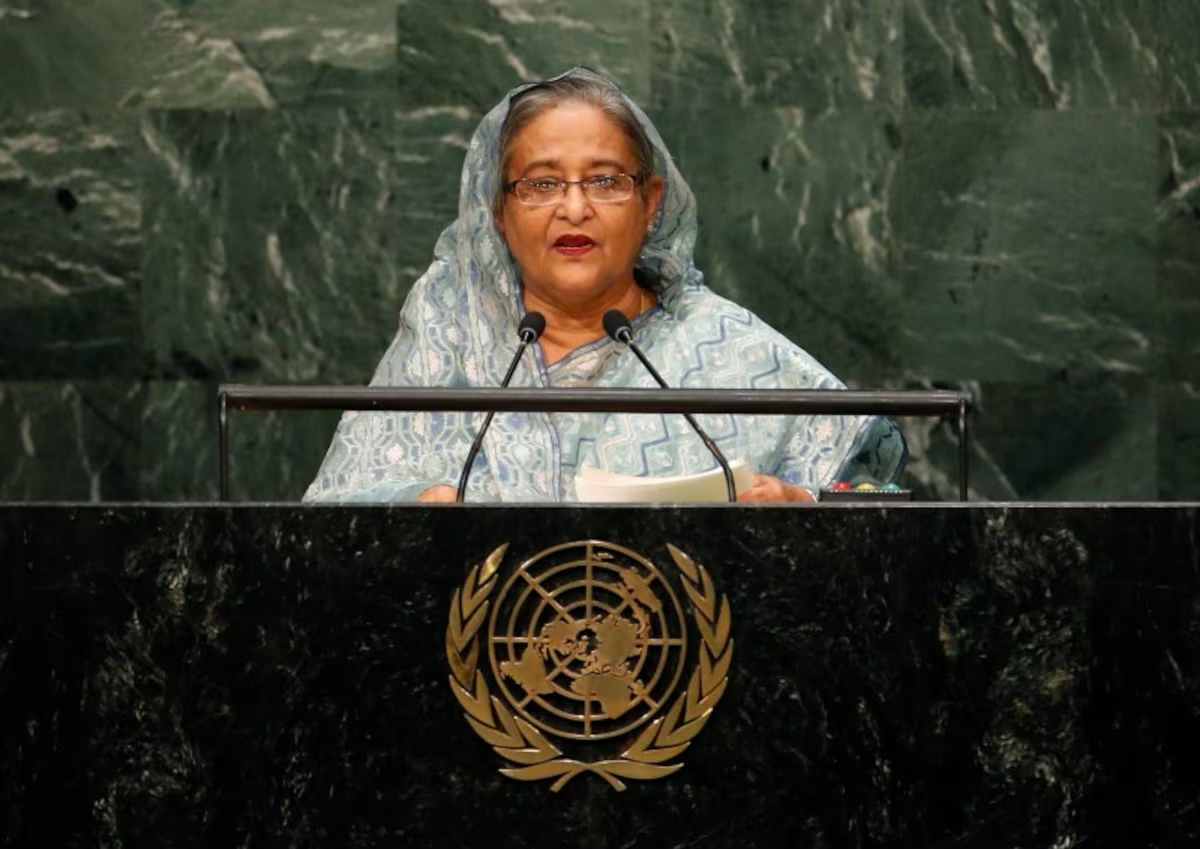
Exile in India and the Question of Extradition
Hasina fled Bangladesh on August 4, 2024, crossing into India as violence engulfed the capital. Former Home Minister Kamal is also believed to have taken refuge in the country.
The interim government led by Nobel laureate Muhammad Yunus has formally requested her extradition, but the Indian government has not yet responded. Meanwhile, several members of Hasina’s family and senior Awami League leaders remain scattered across foreign countries.
Chief Prosecutor Mohammad Tajul Islam described Hasina as the “mastermind and principal architect” behind the atrocities — a characterization her supporters fiercely reject as politically motivated.
Supporters Call Trial Politically Driven; Government Calls It Justice
While Hasina’s supporters label the proceedings as a political witch-hunt aimed at erasing the Awami League from Bangladesh’s political landscape, the interim administration says the trials are essential for restoring accountability and rebuilding public trust.
The government argues that without addressing state-perpetrated atrocities of the past, Bangladesh cannot move toward a more democratic and transparent future.
However, Hasina’s legal team has appealed to international bodies, including the UN Special Rapporteur on extrajudicial killings, citing serious concerns about fair-trial standards, due process violations, and the implications of trying the former PM in absentia.
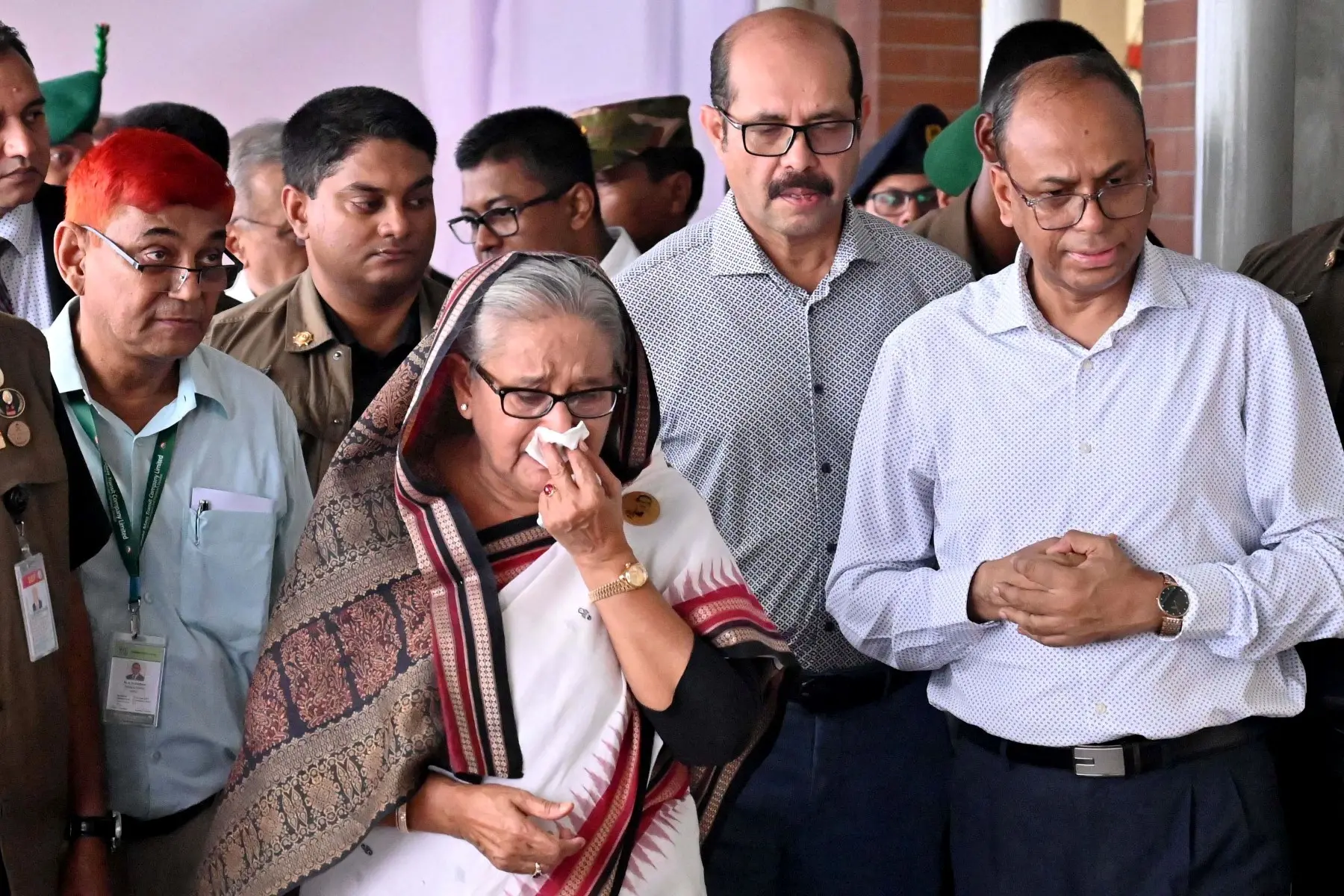
Bangladesh at a Crossroads
The death sentence for Sheikh Hasina represents one of the most pivotal moments in Bangladesh’s modern political history. The ruling not only intensifies the debate over justice, leadership, and accountability but also raises critical questions about the nation's democratic trajectory.
With elections only months away, widespread fear persists that Bangladesh could be heading toward a prolonged period of political chaos, violence, or even destabilization — unless a negotiated political settlement or international intervention helps de-escalate tensions.
As citizens brace for the impact of the tribunal’s ruling, the world watches closely.
The coming weeks may determine not just Sheikh Hasina’s fate but also the future of Bangladesh’s democracy, stability, and governance.
With inputs from agencies
Image Source: Multiple agencies
© Copyright 2025. All Rights Reserved. Powered by Vygr Media.

